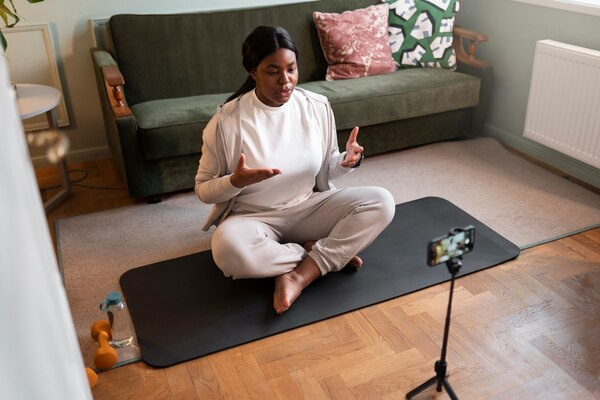Yoga Flexibility on a Global Scale
Yoga, an ancient practice rooted in India, has transcended geographic boundaries to become a global phenomenon. Its appeal is wide-ranging, offering benefits such as physical flexibility, mental clarity, and spiritual well-being to practitioners around the world. As yoga continues to grow in popularity, it is fascinating to explore how its core element of flexibility is perceived and practiced on a global scale.
Physical flexibility is one of the most celebrated benefits of practicing yoga. In regions like North America and Europe, yoga classes are often integrated into fitness routines, with practitioners focusing on enhancing their physical agility and strength. This approach underscores a contemporary understanding of yoga, where the emphasis is on body mechanics and physical health. Studios and fitness centers in these regions typically offer sessions geared towards increasing limberness through various asanas (postures), incorporating them into dynamic routines that challenge the body.
In contrast, countries in Asia, particularly India, maintain a more traditional approach to yoga, where flexibility is not solely a physical attribute but one that pertains to the mind and spirit as well. Here, yoga is deeply intertwined with meditation and pranayama (breath control), emphasizing harmony between body and mind. The flexibility pursued in yoga goes beyond stretching and bending the body; it's about adapting one's mindset and fostering inner peace. The notion of flexibility encompasses a broader spectrum of personal adaptability and resilience in the face of life's challenges.

In Latin American countries, yoga is increasingly being integrated into holistic health practices. Practitioners focus on the balance between mental and physical health, drawing from indigenous practices that value the interconnectedness of body, mind, and environment. This has led to a unique interpretation of flexibility, where yoga is seen as a tool for personal transformation and social change, enhancing community wellness.
African countries are also witnessing a surge in yoga's popularity. Here, the practice is often incorporated into educational and social programs to promote mental health and social cohesion. Flexibility in this context is viewed as a means to empower individuals and communities, helping them navigate socio-economic challenges with greater resilience. Yoga is seen as a practice that nurtures both individual well-being and communal harmony, highlighting flexibility as both an individual and collective endeavor.
Globally, the rise of digital platforms has democratized access to yoga, enabling people from all walks of life to tap into its benefits. Online classes and virtual communities have made it possible for enthusiasts worldwide to practice yoga according to their preferences, be it for physical flexibility, mental peace, or spiritual growth. This accessibility has further diversified the practice, allowing yoga to be enriched by various cultural influences while remaining grounded in its core principles.
As yoga continues to evolve globally, the essence of flexibility within the practice reveals itself as multifaceted and incredibly rich. It is not just the physical ability to move with ease and grace, but also a profound capacity for mental and emotional adaptation. Yoga, as practiced across different cultures, embodies a holistic approach to flexibility that resonates with the complexities of contemporary life. Whether practiced in a bustling urban studio, a serene rural setting, or through a digital screen, yoga's transformative potential to enhance flexibility remains as impactful as ever, fostering a world of individuals who are adaptable, resilient, and harmoniously balanced.